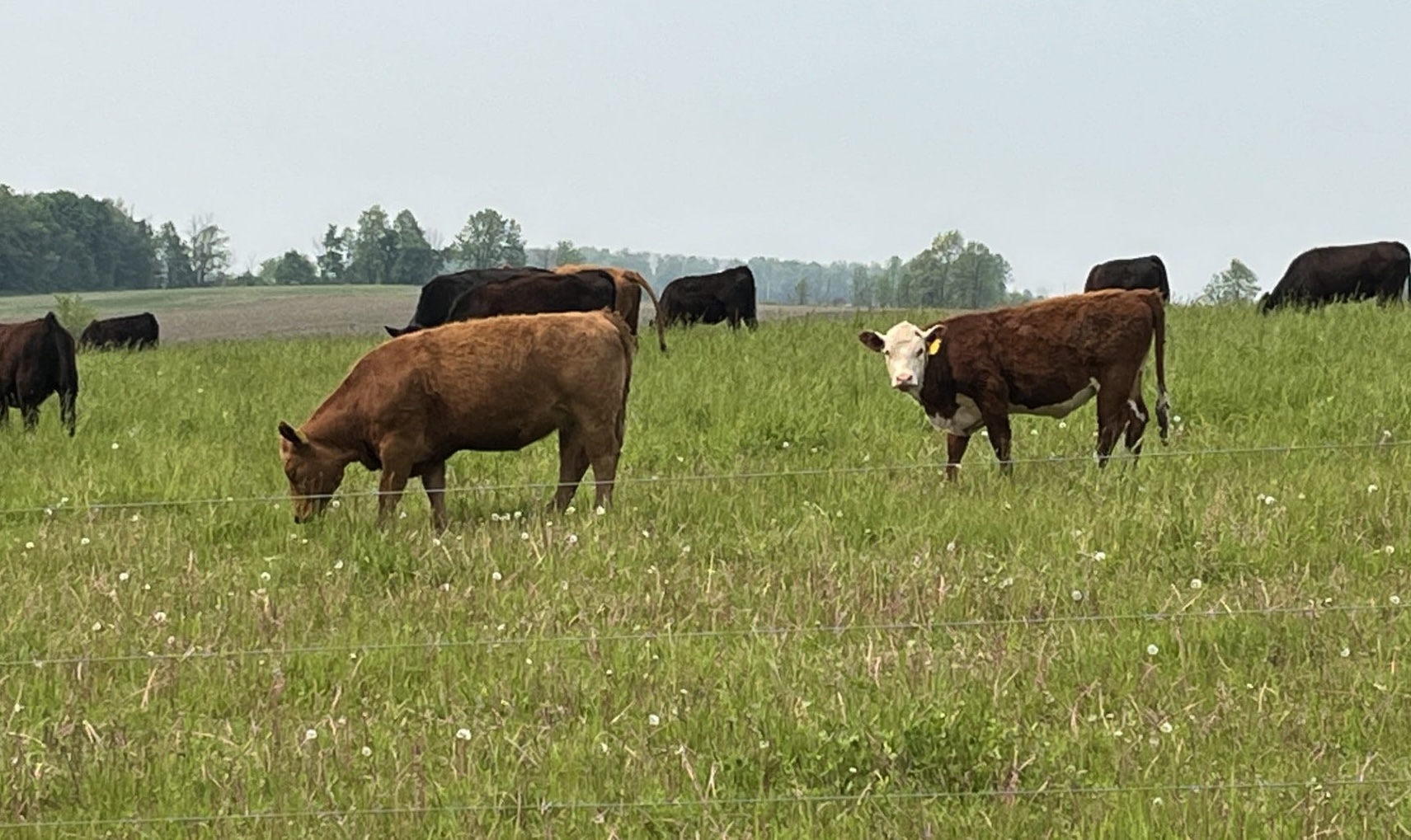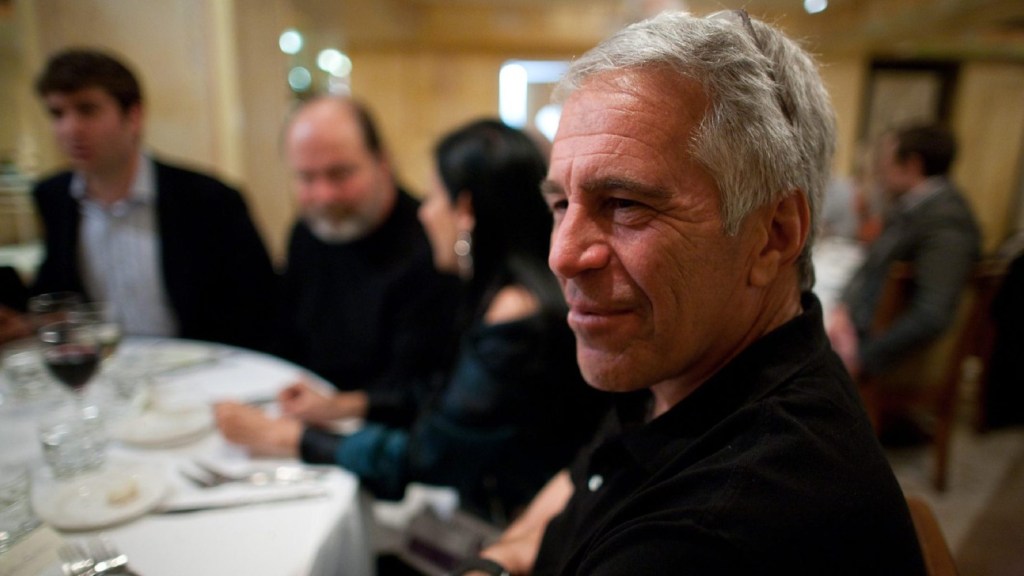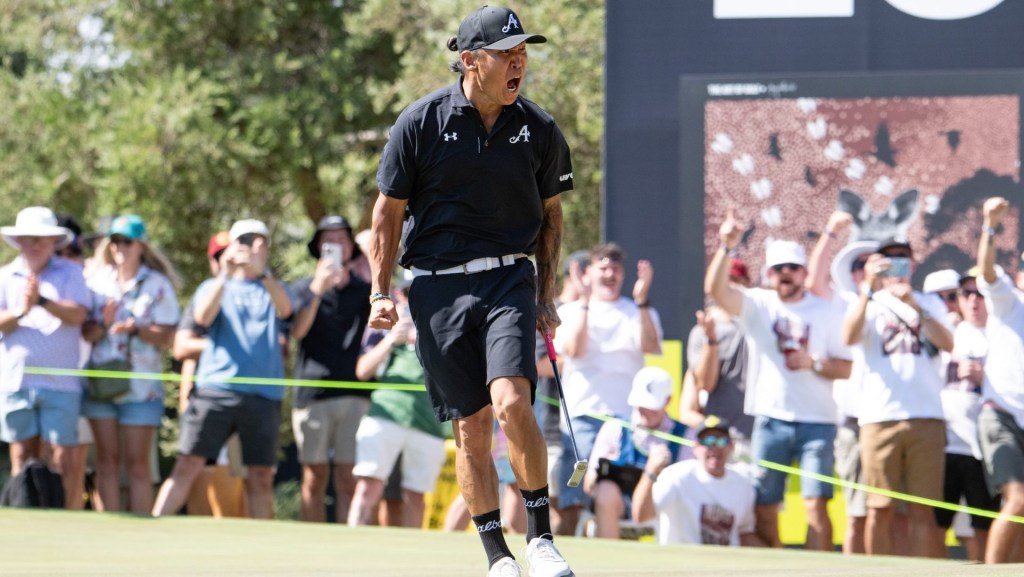Tour de France organizers have rerouted Stage 19 of the race following an outbreak of a contagious disease among cattle in the French Alps.
The viral skin disease was discovered in a herd near the Col des Saisies, prompting authorities to cull the animals and close off the area. In coordination with local officials, Tour organizers announced Thursday that the affected climb would be removed from the course “in light of the distress experienced by the farmers and in order to preserve the smooth running of the race.”
The farmers were required to kill the herd as a containment measure.
As a result, Friday’s stage from Albertville to La Plagne was been shortened from 129.9km (80.72 miles) to 95km (59 miles). Riders bypassed scheduled climbs up Cote d’Héry-sur-Ugine and Col des Saisies before rejoining the planned route just before Beaufourt. The official start was pushed back an hour.
This change marks the shortest non-time-trial road stage in the Tour in 54 years. Before this year, the shortest stage was a 19.6 km (12 miles) route from Bagnères-de-Luchon to Superbagnères in 1971.
The top riders finished in under three hours, practically unheard of for a non-time trial stage in the Tour.
The shortened stage and removed climbs came at a critical point in the race. Friday was the final mountain stage of the Tour, and Jonas Vingegaard’s final chance to make up time against his archrival, defending champion Tadej Pogačar. Vingegaard and Pogačar led a group that broke away on La Plagne, but Dutch cyclist Thymen Arensman won the stage, and Pogačar and Vingegaard crossed the line behind him just seconds apart. Pogačar now has a four minute and 24 second lead over the Dane with only two flat stages remaining. The pair have finished first or second at the last five editions of the Tour de France and are set to do so again this year.

![[Subscription Customers Only] Jul 13, 2025; East Rutherford, New Jersey, USA; Chelsea FC midfielder Cole Palmer (10) celebrates winning the final of the 2025 FIFA Club World Cup at MetLife Stadium](https://frontofficesports.com/wp-content/uploads/2026/02/USATSI_26636703-scaled-e1770932227605.jpg?quality=100&w=1024)















